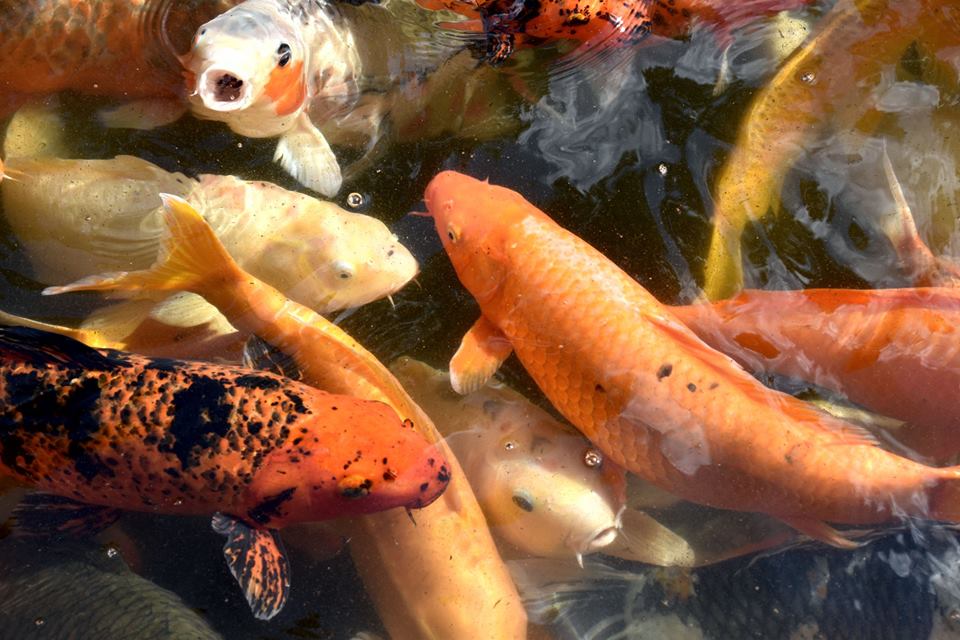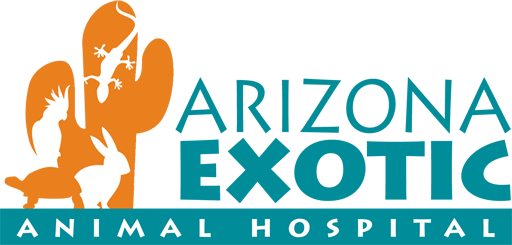Basic Care: Koi
 Koi are extremely popular pets due to the growing number of people who enjoy backyard ponds. While generally quite hardy with appropriate care, koi still come down with a variety of conditions that may be helped by working with a veterinarian.
Koi are extremely popular pets due to the growing number of people who enjoy backyard ponds. While generally quite hardy with appropriate care, koi still come down with a variety of conditions that may be helped by working with a veterinarian.
Living outdoors, koi are susceptible to parasites, sunburn, bacterial and viral infections and a number of other conditions. They can also be subject to predators looking for an easy meal. It is essential to ensure the pond is deep enough to allow the fish to avoid predators. Ponds should have a large shaded area where fish can get away from the sun and the water can be protected from excess heat in the summer months. Water temperatures above 80 F can be stressful for koi.
There are many good quality diets available for koi. Watch for fish meal to be the primary protein source. The diet should have 40-60% protein, about 20% carbohydrate, less than 5% fiber and 15-20% fat. Vitamin C should be supplemented in the diet. Storage is one of the most important aspects of the diet. Keep the food in a sealable container that will protect from sunlight and moisture. Keep the container of food indoors to protect from temperature extremes. The food should be used within 3 months.
Maintaining a meticulous water quality log is essential if you want to understand what is going on in your pond. We commonly see problems following a change in the seasons, after power outages, or due to accidents like spilling contaminants into the pond. Temperature spikes or drops, changes in pH, ammonia and nitrite spikes, and changes in dissolved oxygen are often harbingers of disease. It is also important to carefully quarantine any koi before you add them to your pond. They should be kept in a quarantine tank and monitored closely for at least 30 days. During that time, they should be tested for Koi Herpes Virus (KHV) and parasites. We offer tests that screen for KHV and koi poxvirus, two important diseases that can be devastating if introduced into a population. We provide veterinary services for koi through house calls, email consultations, and hospital appointments. The hospital has the proper facilities to maintain ill koi diagnostic tests and treatments.
The Valley of the Sun Koi Club, www.vskc.net, is a local organization that welcomes newcomers and experienced hobbyists.



